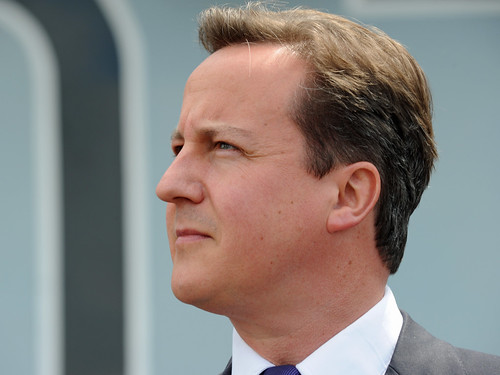
50 years ago, everyone in Rome was talking about “aggiornamento”. There is no English word that translates it perfectly, but in prosaic terms it means “bring up to date”, as well as “revision” or “renovation”. The word was used by Pope John XXIII to describe and set out the task of the Second Vatican Council. The Council Fathers were to renovate the Roman Catholic Church to make its structures, teachings and image fit and relevant for a rapidly changing world.
“Aggiornamento” came to my mind recently when attending a conference hosted at the Pontifical Gregorian University by the French and German embassies to the Holy See on 50 years of German-French Friendship at the Service of Europe. The invited speakers, EU Commissioner Michel Barnier and Saarland Minister President Annegret Kramp-Karrenbauer, spoke eloquently about the role of their two countries in rejecting ‘the hereditary curse of history’ in the noble cause of European peace and reconciliation, in particular through the development of the EU. I was struck by the fact that both also spoke of the need for the EU to remain flexible, to respond to the changes going on around it (globalisation, the internet, the new emerging economic powers), and to look to the future.
Striking, because this was the essence of Prime Minister David Cameron’s speech on Europe on 23 January. Many who have not read it have criticised it as being somehow anti-European. Yet Mr Cameron said explicitly that “Britain’s national interest is best served in a flexible, adaptable and open European Union and … such a European Union is best with Britain in it”. The Prime Minister argued for a renovated EU that must be more competitive, flexible, with power flowing back to member states where this is right, properly accountable to national parliaments, and fair for its members. These five principles are, he made clear, critical to the renovation the EU needs.
In other words, “aggiornamento”. 50 years on from Pope John XXIII’s words and the opening of the Second Vatican Council, and 50 years from the coming together of France and Germany to construct a new Europe, it is time for another great institution to bring itself up to date, to revise, to renovate. Every institution needs “aggiornamento”. Vatican II did it for the Catholic Church. Now it’s time for the EU, in David Cameron’s words, “for the prosperity of our peoples for generations to come”
